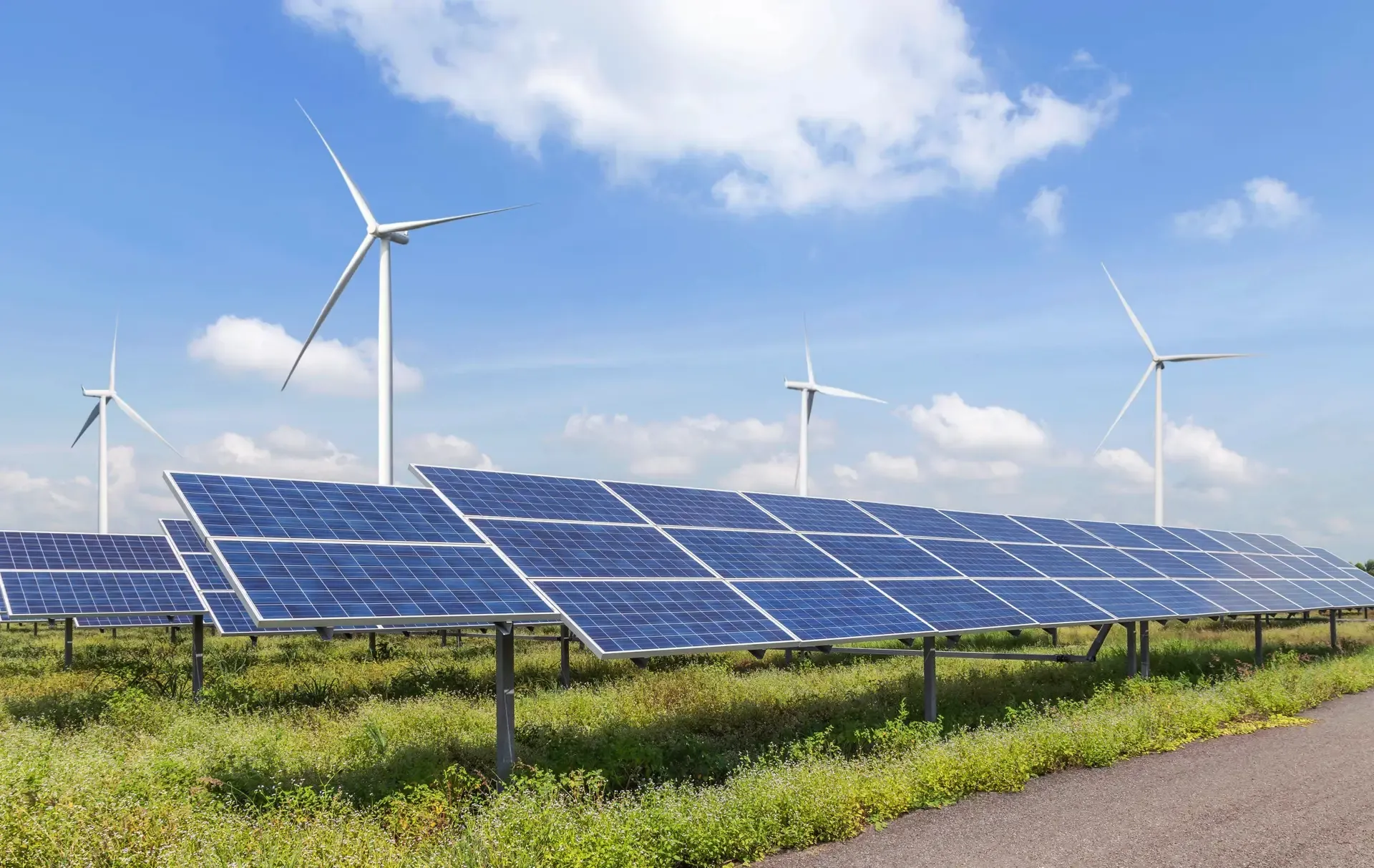Ofgem has today announced the October - December 2025 Default Tariff Cap (price cap) at £1,755 a year for a typical dual fuel consumer1. This is a 2% increase from July’s cap set at an annual rate of £1,720.
The increase is in part due to the expansion of the Warm Homes Discount, providing 2.7 million extra households with a £150 reduction in their bills, as well as some changes to the network charges and the structure and components of the underlying cap models.
While this increase is not good news for households, there is some hope on the horizon with January forecasts currently looking to fall slightly to £1,712 a year for a typical household.
As with the October cap, the January cap is also expected to introduce new non-wholesale elements to bills. Chief among these is the Regulated Asset Base (RAB), expected to add just under £10 per year to a typical bill. The RAB is a mechanism designed to support investment in new nuclear power stations by spreading the costs of construction (over around 10 years) and operation (over around 35 years) across consumer bills.
While the costs covered by the RAB will start to be paid out before the end of this quarter, this has not yet been factored into bills – we anticipate that Ofgem will consult on how to include it within the cap formula within the coming months. We therefore anticipate that from January the RAB charge will be incorporated into the cap, alongside an adjustment to account for the final two months of 2025. The levy will be reviewed on a three-year cycle.
Figure 1: Cornwall Insight’s Default Tariff Cap forecast (dual fuel, direct debit customer)

Source: Cornwall Insight’s Default Tariff Cap Forecast Service
Figure 2: Default Tariff Cap forecast, Per Unit Costs and Standing Charge (dual fuel, direct debit customer), without Nuclear RAB increase included

Source: Cornwall Insight’s Default Tariff Cap Forecast Service
Notes: This does not factor in the Nuclear RAB increase. All figures are national average unless otherwise stated. All intermediate and final calculations are rounded to two decimal places. Totals may not add due to rounding.
Dr Craig Lowrey, Principal Consultant at Cornwall Insight:
“The rise in bills, however small it may look on paper, will feel very real for households as we head into the colder months. The rise in costs is in part due to the widely supported expansion of the Warm Home Discount. This will be a lifeline for many of the 2.7 million additional households now eligible for support, but for those still facing high bills, it will offer little comfort. The reality is, when we give more help to those who need it most, we all end up sharing the cost.
“There is better news on the horizon with bills currently expected to ease in January, driven by a forecast fall in wholesale prices. Normally, that drop would have meant even lower bills, however, rising policy costs, such as funding for new nuclear projects are keeping bills a little higher.
“These policy-driven costs are part of a broader shift in how we fund the energy transition. Nuclear will be a one of the cornerstones of a more secure and sustainable energy system, yet some of the funding will ultimately need to come from billpayers. This is a difficult trade off - after all, everyone wants to see bills come down. However, the challenge we face is clear: if we want to build a resilient, low-carbon energy future, we must be prepared to invest in it today.”
Reference:
1. Ofgem’s Typical Domestic Consumption Values (TDCVs) are set at 2,700 kWh per annum for electricity, and 11,500 kWh per annum for gas.
Notes to Editors
For more information, please contact: Verity Sinclair at v.sinclair@cornwall-insight.com
To link to our website, please use: https://www.cornwall-insight.com/
Copyright disclaimer for commercial use of the press releases:
The content of the press release, including but not limited to text, data, images, and graphics, is the sole property of Cornwall Insight and is protected by UK copyright law. Any redistribution or reproduction of part or all of the content in any form for commercial use is prohibited without the prior written consent of Cornwall Insight.
Media Use Exemption:
The information included in this press release may be used by members of the media for news reporting purposes only. Any other commercial use of this information is prohibited without the prior written consent of Cornwall Insight.
All non-media use is prohibited, including redistribution, reproduction, or modification of our content in any form for commercial purposes, and requires prior written consent. Please contact: enquiries@cornwall-insight.com
About the Cornwall Insight Group
Cornwall Insight is a leading provider of research, analysis, consulting and training to businesses and stakeholders engaged in the Great British and Irish energy markets. To support our customers, we leverage a powerful combination of analytical capability, a detailed appreciation of regulation codes and policy frameworks, and a practical understanding of how markets function


